Those who have pets understand that our animals’ happiness and wellbeing is of paramount importance. But often we do not realize that our own habits can affect the health of our favorite animals. By understanding the facts of second-hand smoke, we can find out how best to protect those we love, and what we can do to prevent unnecessary health issues in our pets, caused by the toxins in second-hand smoke.
What is Second-Hand Smoke?
Second-hand smoke is the smoke or fumes that occur as a consequence of smoking cigarettes or other tobacco products. Often referred to as ‘Passive Smoking’, this smoke is often invisible, so no matter how much you attempt to control the fumes you are producing as a bi-product when you smoke, the largest percentage will still be inhaled by those around you.
Second-Hand Smoke: The Facts
Health guidelines around smoking and the dangers of second-hand smoke are well published.
The truth is:
- That secondhand smoke causes approximately 7,330 deaths from lung cancer, and 33, 950 deaths from heart failure each year.
- All exposure to second-hand smoke carries a risk- there is no risk-free level of exposure, and;
- It only takes 20-30 minutes to cause excess blood clotting increasing the risk of a heart attack.
- It severely affects those with asthma, leading to more frequent and severe asthma attacks.
- More minor problems are ear infections and respiratory infections such as bronchitis.
- Second-hand smoke can lead to what is known as ‘third-hand smoke’, which is a cocktail of toxins that cling to carpets, upholstery and clothes and can be a hazard to infants and children.
- Second-hand smoke stays in a room for 5 hours, meaning one cigarette can cause 5 hours of harmful toxins in one room.
Effects of Second-Hand Smoke on Pets
As previously stated, there is no risk-free level of passive smoke exposure, and this also applies to pets. Extensive research has found that pets are even more susceptible to second-hand smoke-related problems than humans.
- Exposure in dogs has been linked to eye irritations, infections, greater occurrence of allergies, and respiratory problems (including lung tumors).
- Cats are likely to even more likely to develop problems than dogs, as they meticulously groom themselves using their tongues. This means that they can ingest the tar, smoke and carcinogens as they land on their fur and surfaces around the house causing throat and lung diseases and cancers.
- Other common household pets are birds, who can have their eyesight affected and gain respiratory problems from second-hand smoke. Nicotine residue on a smoker’s hand when touching the bird may also cause skin problems.
- Reptiles such as snakes and lizards are also commonly kept as pets. Their lungs are smaller and more delicate than that of mammals, and therefore can become more irritated by second-hand smoke and develop lung and respiratory problems and diseases.
You can find the full resource on smoking around pets here.
Solutions
Clearly the effects on our beloved pets can be detrimental, and so naturally, we would want to reduce these effects. Some ways you can help lower the risks for your animals are:
- Smoking outside with the door closed can help prevent the damaging particles from collecting on upholstery and pet fur.
- Never leave ashtrays or cigarette butts where pets can get hold of them
- Always wash your hands after smoking to reduce contact issues
- Regularly clean carpets and upholstery, steaming them where you can, to remove carcinogens and toxic particles.
How to Get Help Quitting
Whilst the aforementioned preventative measures can help, the best way to avoid health problems for your pet from second-hand smoking is to quit. This can feel like a daunting task but there are many services available to help. Smokefree.gov is a government scheme to help you quit effectively, to help your health and the health of your pet.
Click on the pictures to see where it takes you and the links in the article.
Until our next cat convo


